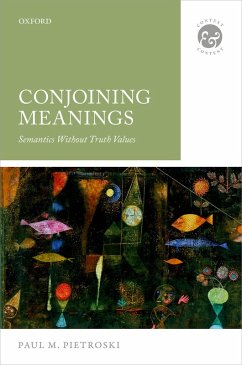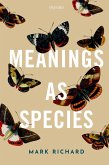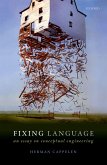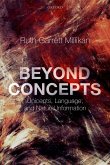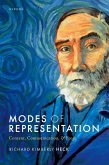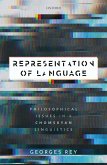Humans naturally acquire languages that connect meanings with pronunciations. Paul M. Pietroski presents an account of these distinctive languages as generative procedures that respect substantive constraints. Children acquire meaningful lexical items that can be combined, in certain ways, to form meaningful complex expressions. This raises questions about what meanings are, how they can be combined, and what kinds of meanings lexical items can have. According to Pietroski, meanings are neither concepts nor extensions, and sentences do not have truth conditions. He argues that meanings are composable instructions for how to access and assemble concepts of a special sort. More specifically, phrasal meanings are instructions for how to build monadic concepts (a.k.a. mental predicates) that are massively conjunctive, while lexical meanings are instructions for how to fetch concepts that are monadic or dyadic. This allows for polysemy, since a lexical item can be linked to an address that is shared by a family of fetchable concepts. But the posited combinatorial operations are limited and limiting. They impose severe restrictions on which concepts can be fetched for purposes of semantic composition. Correspondingly, Pietroski argues that in lexicalization, available representations are often used to introduce concepts that can be combined via the relevant operations.
Dieser Download kann aus rechtlichen Gründen nur mit Rechnungsadresse in A, B, BG, CY, CZ, D, DK, EW, E, FIN, F, GR, HR, H, IRL, I, LT, L, LR, M, NL, PL, P, R, S, SLO, SK ausgeliefert werden.

